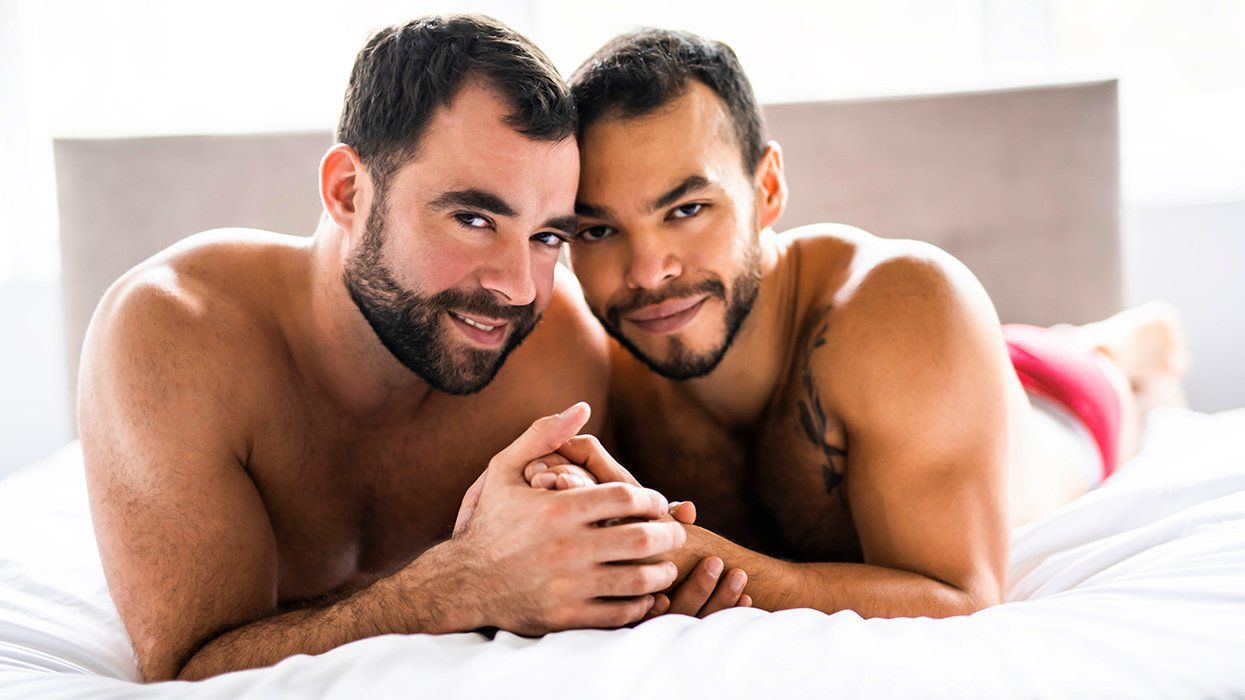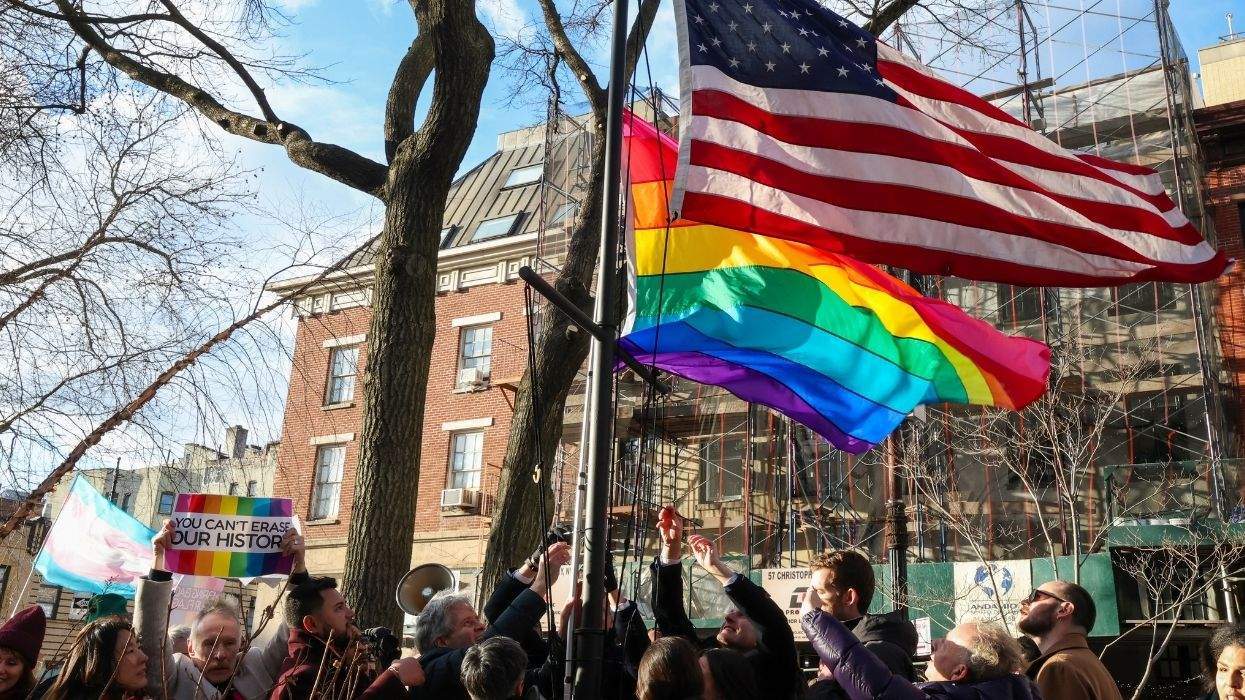A landmark report, “Progress and the Peril: HIV and Global Decriminalization of Same-Sex Sex,” by the United Nations Development Programme, the Global Network for People Living with HIV (GNP+), and the Georgetown University O’Neill Institute for National and Global Health Law, has revealed a crucial link between the decriminalization of same-sex relationships and improved outcomes in HIV prevention and treatment.
This significant finding comes from extensive research and analysis conducted by experts in the field.
In a conversation with The Advocate, Matthew Kavanaugh, a principal researcher on the report, delved into the findings and their implications for public health, particularly in the global fight against HIV/AIDS.
The report marks a notable departure from the early days of the AIDS pandemic when most nations criminalized same-sex sexual activity.
“Where stigma rates are very high, it drives people away from services, [particularly] if it’s illegal, it’s the government saying, ‘this thing is bad, and therefore it should be stigmatized.’ Stigma itself has driven people away from services,” Kavanaugh pointed out, highlighting the impact of legal reforms on the LGBTQ+ community.
He added: "Just being illegal means that you see less effective HIV services. You don’t see some of the most powerful HIV services which are actually led by communities.”
Kavanaugh noted the stark contrast in HIV rates and service accessibility between environments where same-sex relationships are criminalized versus those where they are not. In countries without such criminalization, men who have sex with men (MSM) are more likely to be aware of their HIV status and access effective treatment.
Despite these positive trends, the report also addresses the concerning counter-trend of increasing criminalization and homophobia in certain countries. Supported by conservative American advocacy groups, Uganda, for example, recently enacted a draconian law punishing some homosexual behavior with death. Other countries have also cracked down on their queer populations from Kenya to Russia.
The report includes case studies from countries like Angola, Botswana, India, and Singapore, illustrating the diverse pathways to decriminalization.
Angola's approach, primarily legislative, involved revising its penal code, previously a vestige of colonial rule, and introducing progressive anti-discrimination laws. This change was partly fueled by local LGBTQ+ advocacy groups' efforts in raising awareness and engaging with government officials. Similarly, in Botswana, a significant judicial ruling declared the criminalization of same-sex relationships unconstitutional, a victory largely attributed to the persistent legal battles and public campaigning by civil society organizations.
India's landmark decision by the Supreme Court to overturn Section 377, criminalizing consensual same-sex relationships, followed years of activism and legal challenges by a wide coalition of LGBTQ+ groups and allies. In Singapore, the journey towards decriminalization has been more gradual, with advocacy groups actively engaging in public education and policy dialogues, signaling a shift towards eventual legal reform.
These case studies underscore the pivotal role community-led initiatives, legal reforms, and government advocacy play in decriminalizing same-sex relationships. By challenging laws and societal norms, these efforts not only foster legal changes but also contribute to greater social acceptance and improved public health outcomes. In particular, the organizations highlight the positive impact on HIV prevention and treatment, as communities that were once marginalized now gain better access to health services and experience reduced stigma and discrimination.
Kavanaugh stressed the necessity of continued support for LGBTQ+ rights and health.
“The United States should not be moving closer and in the direction of Uganda,” he said. “The United States should be moving much more in the direction of Botswana.”
















Charlie Kirk DID say stoning gay people was the 'perfect law' — and these other heinous quotes
These are some of his worst comments about LGBTQ+ people made by Charlie Kirk.